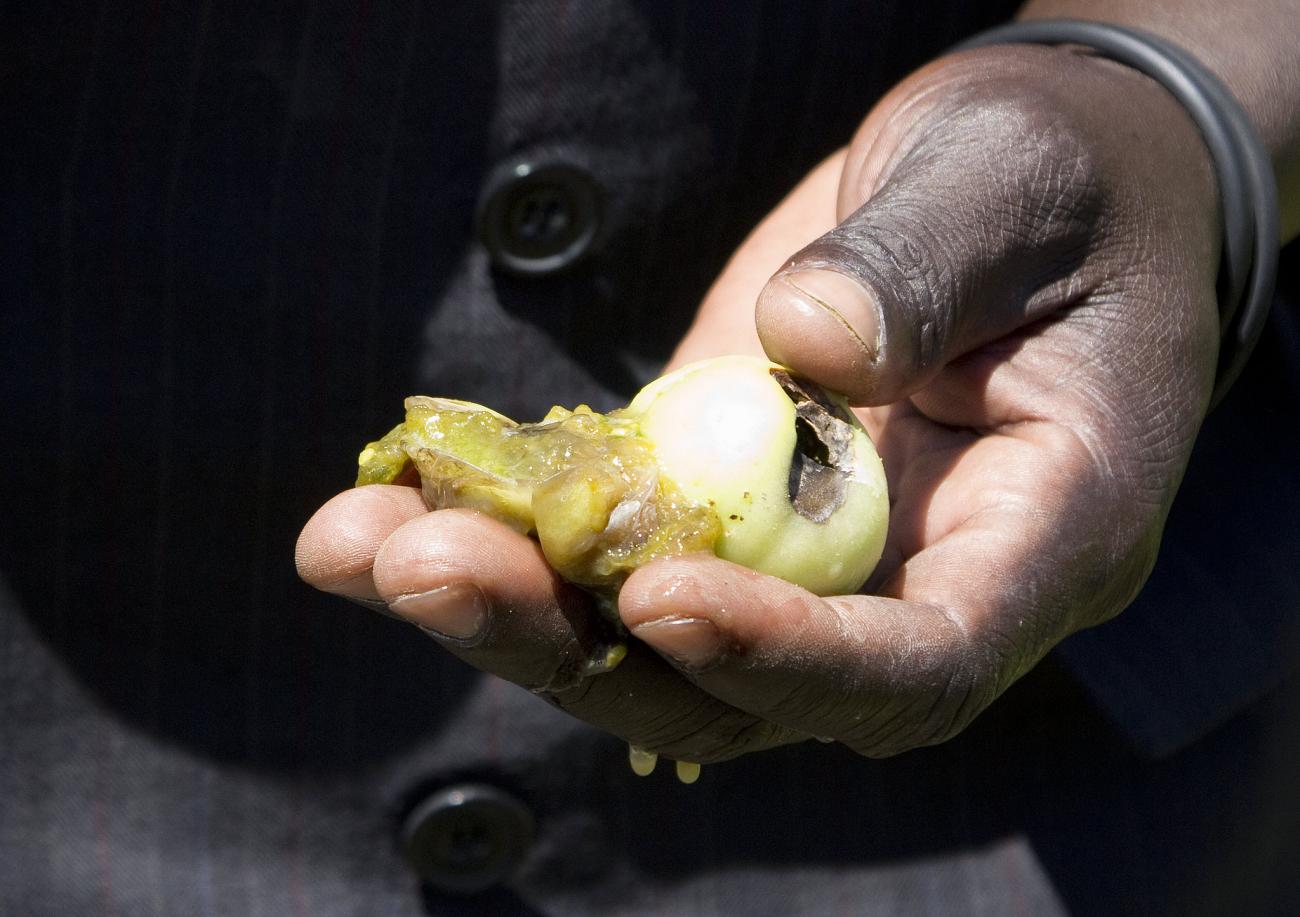
Equitable Knowledge Ecosystem for Agricultural Technology
The challenge
Agricultural technology has the potential to meet the sustainable development challenge of producing crops that are nutritious, high yielding, disease resistant and able to withstand weather extremes. This challenge is diverse, with needs depending on local growing conditions and farmers’ characteristics.
In marginalised areas that are most at risk of suffering from the adverse consequences of climate change, the challenge is particularly acute, the more so for farmers whose disadvantage is compounded by their gender, ethnicity, lack of productive assets, and access to resources and information.
Funding, R&D, and knowledge sharing of agricultural technology is skewed towards privileged regions and farmers. Where the challenge outlined above is most acute, it is therefore least likely to be met.
Our transdisciplinary response
The NISD and partners will build systems for producing and sharing knowledge of agricultural technology, beginning with knowledge about seed for selected crops in Ethiopia, Uganda and Nepal.
We will develop systems for facilitating knowledge production and sharing among farmers, agricultural research organisations, seed production companies, seed certification services, and policy makers, in an inclusive manner. We call such a system, an ‘equitable knowledge ecosystem’ (EKES).
An EKES for seed will comprise several interlinked digital platforms. For instance, village agents will be equipped with smart phone apps on which information about locally available reliable seed is made available, which they are incentivised to share (through a voucher system) with all farmers in the village. On a linked platform, local researchers share information on growing conditions, which prompts the sharing of knowledge of agricultural technology suited to these conditions or informs the development of such technology by agricultural research organisations participating on the platform.
Progress, outputs and outcomes
The first building block for an EKES for maize, potatoes and other crops in Uganda is in place. NISD partner m-Omulimisa has developed a smart phone app that village agents use for offering weather index insurance bundled with improved seed and mobile extension services to farmers in Uganda.
If you are interested in this project and would like to know more, please contact: JYoung@inasp.info

